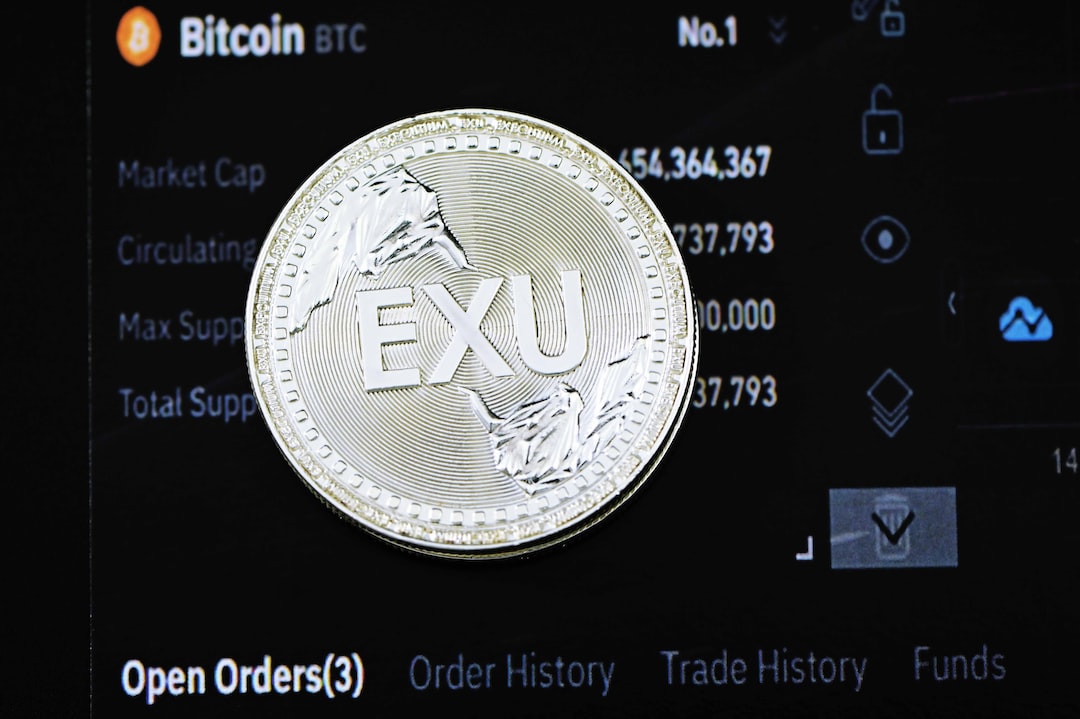A Hacker’s Attempt to Launder Stolen Crypto with “Magic: The Gathering” Cards
In 2021, a hacker targeted the Uranium Finance DeFi platform and may have tried to launder their stolen cryptocurrency gains by using “Magic: The Gathering” trading cards. Pseudonymous blockchain investigator ZachXBT revealed a series of moves made by the hacker, including withdrawing 11,200 ETH from Tornado Cash in increments of 100 ETH over the past year.
Converting and Complicating Tracing
The hacker then converted the withdrawn ETH to wrapped ETH (WETH) and transferred it to a different address. From there, they exchanged it for USDC and used some of the funds to purchase “Magic: The Gathering” trading cards. Additionally, the hacker deposited some of the funds into centralized exchanges like Kraken, Bitpay, and Coinbase.
These additional steps were likely taken to complicate the tracing of funds back to their original source and are potentially linked to the Uranium Finance hack in 2021.
Purchasing Trading Cards and Overpaying
To buy the trading cards, the hacker used a U.S.-based broker who contacted sellers on their behalf. The hacker made substantial purchases, spending millions on items such as starter decks, alpha sets, and sealed boxes. Interestingly, they overpaid by 5-10% for these items. The hacker maintained complete anonymity throughout the transactions.
The Uranium Finance Hack
Uranium Finance is a decentralized finance platform on the Binance Smart Chain that suffered a $50 million loss in a hack last year. The hacker exploited a calculation error in the platform’s code to drain liquidity from the protocol.
Hot Take: A Unique Money Laundering Approach
In a unique attempt to launder stolen crypto, a hacker targeted the Uranium Finance DeFi platform and used “Magic: The Gathering” trading cards as a means of cashing out. By converting their stolen ETH to other cryptocurrencies and making purchases with trading cards, the hacker aimed to obscure the origins of their funds. This strategy highlights the challenges faced by investigators trying to trace illicit activities in the crypto space. It also serves as a reminder for platforms to strengthen their security measures to prevent such hacks and subsequent money laundering attempts.





 By
By

 By
By

 By
By